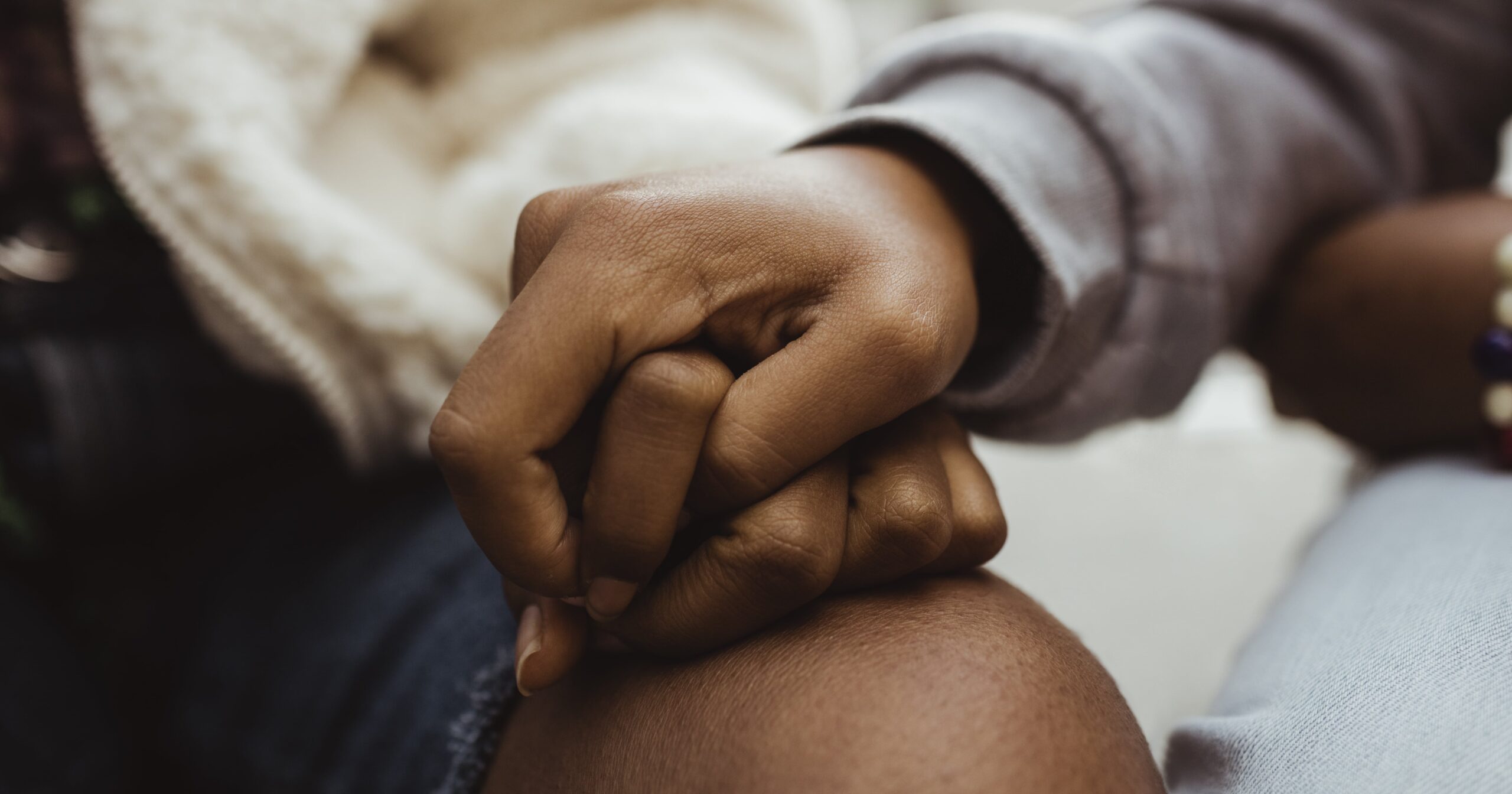The last few months after the election have been full of sadness too many—especially too many black women and others of color who feel that Donald Trump’s win is a personal affront to their rights. But at the same time it is important to take time and space to grievethis moment should also move us to action.
For many, Trump’s re-election caused immediate fear of legislative rollbacks on life-changing reproductive rights, freedoms and care. And it has already come to light: on the evening of Trump’s Jan. 20 inauguration, a government website providing information on reproductive health care, reproductiverights.gov, appeared to go offline, It was reported by CBS News. In the midst of all these changes, the need for sustained support in reproductive justice work has never been more acute. The importance of supporting organizations focused on reproductive justice is a matter of collective survival, dignity and liberation.
Reproductive justice (RJ) is not just about access to abortion, although this is of course an urgent issue and has been one of the major focal points ever since. Roe v. Wade was overthrown. RJ is entirely about ensuring the right to have children, the right not to have children and the right to parent in safe and supportive environments. It is important to point out that these safe and supportive environments include access to prenatal care, affordable childcare, paid family leave, and financial opportunities that provide a positive parenting experience.
As we face an administration that is actively working to undermine these rights, it is our collective responsibility to ensure that marginalized communities, those already most vulnerable, have the resources they need to organize, advocate and work to fight back for these fundamental freedoms. When you look at the dizzying bleakness maternal and infant health for blacks and others of color, it is clear that we must all be invested in the struggle. In Our Voice: The National Black Women’s Reproductive Justice Agenda conducted a voting illustrates the negative outcomes related to reproductive health and found that nearly 7 million black women ages 15-47 live in a state that has banned abortion or is likely to do so. This alarming number, combined with a projected 39 percent the increase in black maternal deaths if abortion were banned in every state shows how important this struggle for autonomy is.
Now that Trump has reclaimed the presidency, it’s clear that the fight for reproductive justice will face even greater obstacles in the coming years. But we don’t have to sit idle; immediately we can begin financially supporting organizations that center the health outcomes of blacks and people of color. The resilience of these RJ organizations continues to be a beacon of hope, and your financial support can help ensure they can continue to positively impact society and thrive. In addition to donating, we can support them by following them on social media, subscribing to their mailing lists, attending events, volunteering our time, and lifting their messages to new people.
An umbrella organization that makes an impact throughout the United States
Sister song is the largest national multi-ethnic reproductive justice collective, focusing their work around upholding personal bodily autonomy whether or not your decision is to have children. They provide training and workshops in reproductive justice across the country, as well as conduct policy work and advocacy to try to ensure autonomy and liberation. SisterSong prioritizes access to reproductive care, everything from abortion to sexual health education, STD prevention and care, adequate prenatal and postnatal care, and much more. Its Birthright Fund pays for essential services and items, and it also offers a birthright worker directory for residents of Florida, Georgia, Kentucky and North Carolina. Donate here.
An organization fighting the effects of Texas’ abortion ban
Afiya Center (TAC) works to educate the public about harmful reproductive health and abortion policies in Texas, which has a total abortion ban. They also seek to combat the stigma and fear tactics currently facing black women seeking abortions. They offer HIV testing and education, peer support and full-spectrum doula services to Black families in the Dallas-Fort Worth area. TAC is the only RJ organization in North Texas that has self-identified as founded and directed by Black womxn. They focus on impacting other Black women and girls through education, resources and sanctuary, while elevating the voices of Black women on this journey towards reproductive freedom. Donate here.
An organization focused on sexual health education
Sisterly love is the first women’s HIV, sexual, and reproductive justice organization in the southeastern United States, founded in 1989. They work to reduce stigma, discrimination, and violence through policy research, publications, and advocacy. Across Atlanta, SisterLove offers comprehensive sexual health services such as free HIV/STI screenings, care and support. The organization also funds clinical trials and public health research that address sexual health barriers specific to black women, women of color, and marginalized communities. Donate here.
An organization that fights the maternal mortality crisis
Shades of Blue Project strives to improve birth outcomes specifically related to the maternal mortality crisis among black women, as well as provide mental health care during the prenatal and postnatal periods. The organization engages in policy work and advocacy and offers social support services to black mothers in Houston. Founder Kay Matthews also created Black Maternal Mental Health Week (BMMHW), which focuses on identifying challenges, creating solutions, and offering compassion-centered education for healthcare professionals such as doulas, midwives, and physicians. Donate here.
An organization that supports Black Mamas
Black Mamas Matter Alliance (BMMA), led by Angela Doyinsola Ainais an alliance that acts as a national voice and coordinating unit for various organizations working to promote maternal health. BMMA centers Black mothers and birthing people to ensure they can thrive before, during and after pregnancy. They provide training, technical assistance and capacity building assistance to grassroots organisations, maternity care service providers, academia and the public health industry. BMMA has many partners, contacts, and collaborations across the United States, including some of the organizations listed above. Donate here.
Natasha Marshall is a Chicago-born and Houston-based women’s health advocate passionate about reproductive health, body image and self-esteem. She holds a Master of Public Health in Health Promotion and Behavioral Sciences and currently works to make education, contraception and reproductive care more accessible to Houston women.





